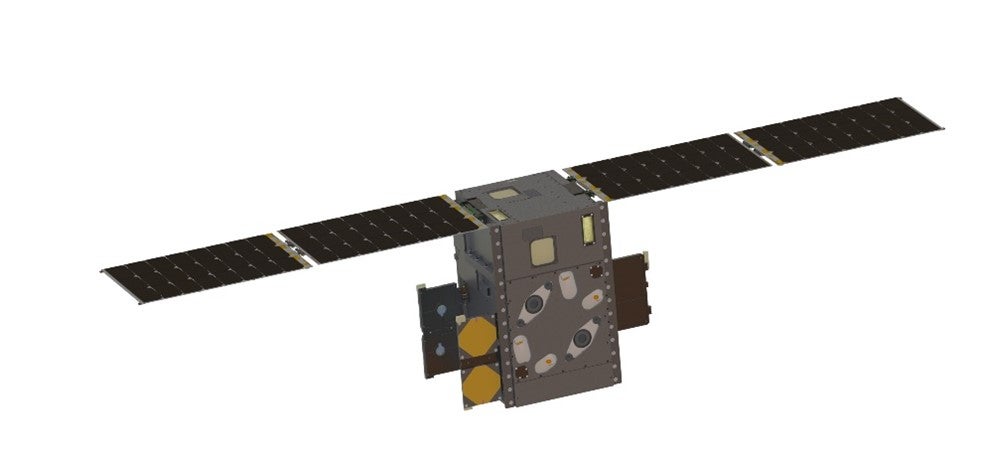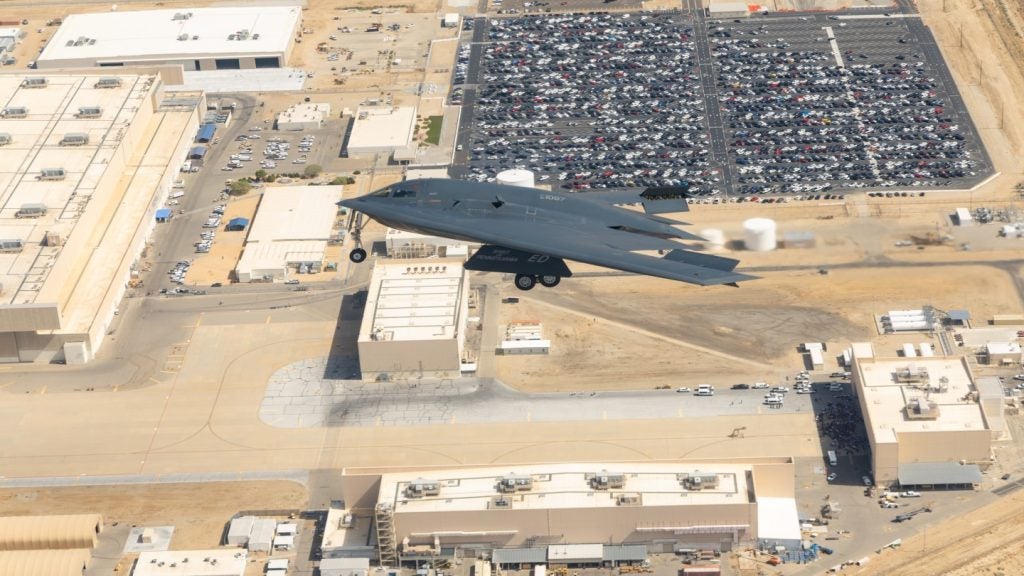
The US Air Force Research Laboratory’s (AFRL) small spacecraft, called Ascent, has successfully completed all its assigned mission objectives.
Ascent is a 12-unit CubeSat that was launched in December last year.
It was the first satellite to be flown by the US AFRL in the geosynchronous Earth orbit (GEO) space.
The objective of Ascent’s deployment was to assess the performance of different commercial-off-the-shelf (COTS) technologies in a GEO space environment, where the satellites match the rotation of the Earth.
The spacecraft was developed by Small Satellite Portfolio, within the AFRL Space Vehicles Directorate based at Kirtland Air Force Base in Ohio, US in collaboration with Space Security and Defense Programme.
With a ceiling value of $10m, the Ascent satellite programme involved the contribution of around 15 researchers from AFRL, as well as from other contractors.
How well do you really know your competitors?
Access the most comprehensive Company Profiles on the market, powered by GlobalData. Save hours of research. Gain competitive edge.

Thank you!
Your download email will arrive shortly
Not ready to buy yet? Download a free sample
We are confident about the unique quality of our Company Profiles. However, we want you to make the most beneficial decision for your business, so we offer a free sample that you can download by submitting the below form
By GlobalDataFollowing the mission completion, Ascent is currently carrying out other extended missions to determine the COTS bus electronics’ survivability in GEO space conditions.
Ascent programme manager captain Sunderlin Jackson said: “The survivability of COTS electronics in the GEO environment, has taken us by surprise.
“No one expected Ascent would still be operating as well as it is, this long after deployment.
“This gives us alternatives to creating our own satellite components, saving both time and money.”
According to the AFRL, data collected by Ascent will provide a better understanding of how different components survive in harsh GEO space environments, which is crucial for the fielding of future satellites.
Jackson added: “Now that we have data that proves the effectiveness in that region, we will be monitoring for trends in spacecraft health over time, continuing nominal operations, and exploring options to transfer to another agency as a training or demonstrations asset.”







